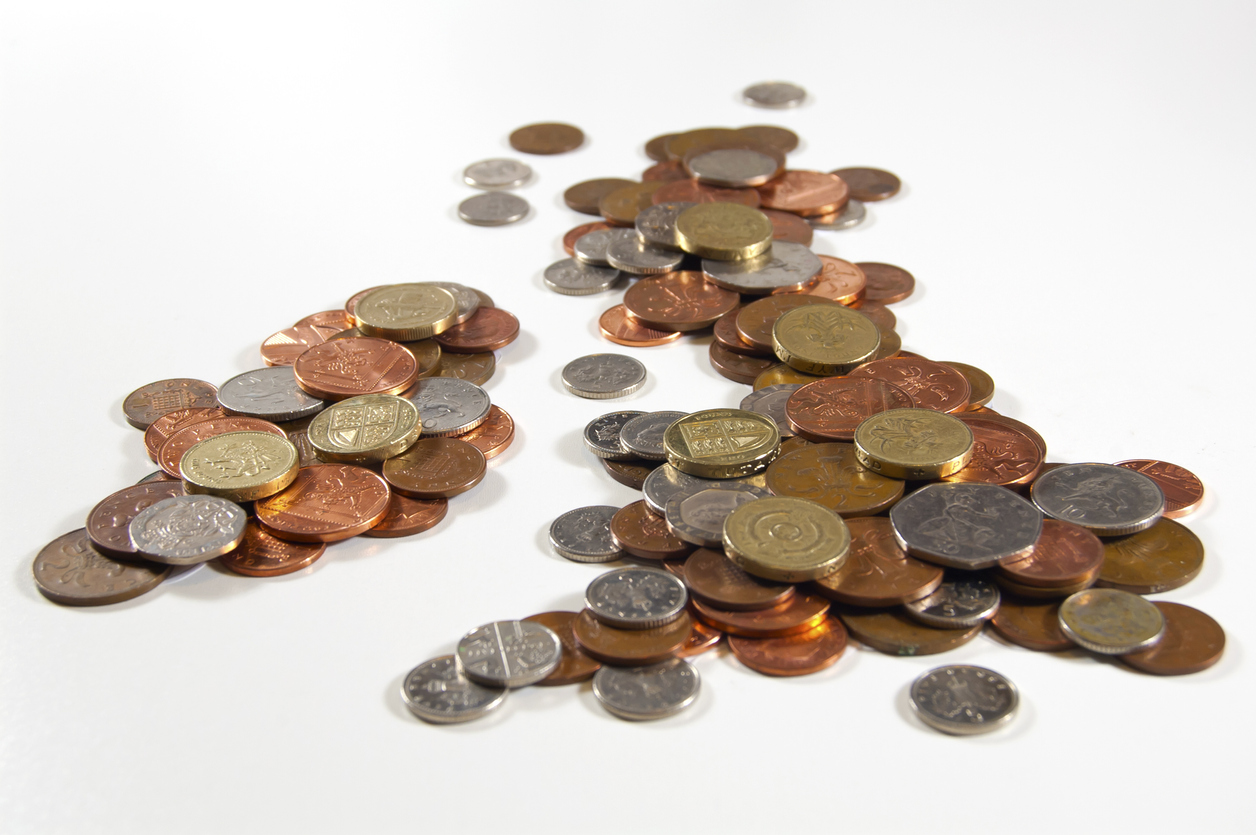
Alcohol duty frozen until 2024
Chancellor Jeremy Hunt has quelled fears of a second duty rise this year in this afternoon’s Autumn Budget, by announcing a freeze until August next year.
“I know that for many people, going to the pub has become more expensive,” he said in today’s statement (22 November) which began at 12.30pm.
“I’ve listened closely to the persuasive arguments on alcohol duties [including those] from the Scotch whisky industry… So, as well as confirming our Brexit pubs guarantee, which means the duty on a pint is always lower than in the shops, I’ve decided to freeze all alcohol duty until 1 August next year. That means no increase in duty on beer, cider, wine or spirits.”
The announcement will come as a relief to wine and spirit businesses across the UK, which have vociferously protested against a second alcohol duty rise in the space of four months.
Stephen Russell, distiller and spokesperson for UK Spirits Alliance, which represents 280 spirits businesses, expressed his gratitude as we head into Christmas and the party season.
“We raise a toast to the chancellor today for his decision to freeze duty and thank him for listening to thousands of distillers, landlords and bar owners up and down the UK.
“Today’s freeze will drive growth in the industry, support jobs and help consumers at a time when household budgets continue to be squeezed,” he said.
Earlier this month, the Wine and Spirit Trade Association (WSTA) argued that a duty freeze was the only option to prevent further inflation-stoking price rises for cash strapped consumers.
If the chancellor had chosen to increase duty by RPI, currently 8.9%, when added to the increases on 1 August, this would result in cumulative excise duty increases of 68p on a bottle of wine, £1.50 on a bottle of spirits and £1.67 on a bottle of port.
The small business multiplier for SMEs has also been extended for another year, while the new living wage of £11.44 has been introduced to "eliminate low pay".
The WSTA's chief executive Miles Beale has welcomed today’s freeze, saying it comes as “a huge relief” to a sector that has “taken a battering”.
He said: “Following the introduction of an entirely new alcohol tax regime and a huge hike in August, the latest data shows a worrying decline in sales, which concerns businesses of all sizes and which would result in less revenue for the Exchequer. A second duty rise would have been disastrous.
"We are pleased that the frustrations of consumers, who are fed up with never ending price rises, and of businesses struggling with the cost and complexities of the new system have been heeded... We implore the chancellor and his team to lock in the freeze until at least the end of this Parliament."
Ed Baker, MD of Kingsland Drinks, also expressed his relief that the chancellor has decided “not to hamstring” the UK wine and spirits sector further via another excise increase.
Meanwhile, Simon Doyle, general manager at Concha y Toro Europe, drew attention to how the wine industry has “worked tirelessly to mitigate genuine material, transport, legislative and service charge cost increases to keep wine prices as affordable as possible. As a result of this hard work, the average price of wine has only risen by the 21% increase in excise duty levied by the chancellor himself on 1 August.
“It is therefore a relief that the chancellor has decided not to increase duty any further in his Autumn statement. We are grateful for this and the tireless efforts of the WSTA in representing the challenges that our industry faces to the Treasury.”
According to ONS data for the average price on items in the UK consumer’s shopping basket in September 2023, a bottle of red wine now costs £7.72. The average price of a bottle of vodka is £16.80, up 14% on last year, while the average price of a bottle of gin is at £17, up 10% on last year. The average price of a bottle of fortified wine is £11.53, an increase on 17% compared to last year.
These average bottle prices however, do not include the full impact of the August duty rises, as not all the stock sold in August and September would have included the new duty rates.
A second duty rise would have pushed the average price of a bottle of red wine to over £8 for the first time, while the average price of a bottle of gin or vodka would have exceeded £18 for the first time.




